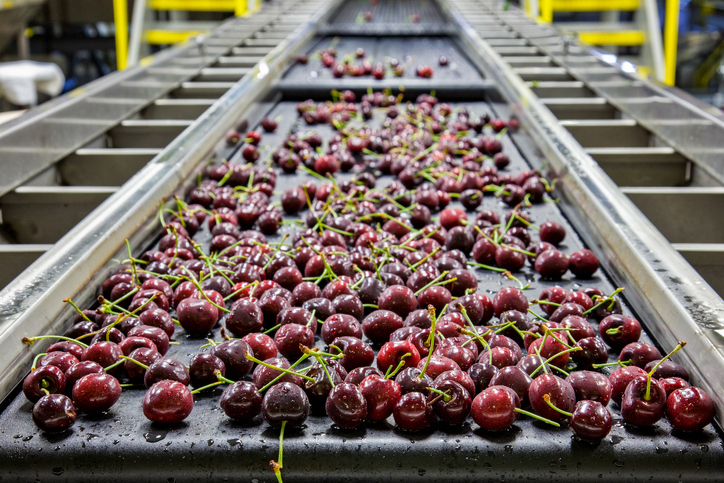Food Safety Management Systems (FSMS): Back to Basics
As the COVID-19 vaccine becomes more available and food industry workers are returning to on-site work environments, the world looks forward to the new normal. Fortunately, the global food supply has demonstrated that it is resilient and able to weather the pandemic storm. Food safety management systems (FSMS) can help food organizations maintain strong and positive actions to protect the food supply. By learning from the past and looking to the future, the food industry can be better prepared for the post-pandemic era and manage the risks.
Food Safety Management Systems (FSMS) such as ISO 22000, FSSC 22000, and FAMI-QS have historically embraced the management of food safety through requirements including hygiene of workers, the use of personal protective equipment (PPE), sanitation of the establishment and food equipment, and cleanliness of the premises. These requirements also include following protocols of a FSMS based on HACCP (Hazard Analysis Critical Control Point) principles, described as the hazard-based approach for identifying, controlling, and decreasing food safety risks in the food supply chain.
What Can be Done to Support a Food Safety Management System?
It starts at the top. Management commitment to educate and provide effective training and necessary skills for all employees grants long-term benefits to the organization. Practicing open communication and engagement with employees and developing a food safety culture of teamwork and ownership increases overall awareness and support of the food safety management system.
Increased education regarding effective handwashing and the appropriate use of PPE are essential to ensuring desired behaviors at all levels and in all departments. Employee awareness and hygiene are two of the most important aspects for fighting communicable diseases such as COVID-19.
While all food safety management systems have requirements for dealing with emergencies, such as recalls, withdrawals, food fraud, and food defense, there is room for improvement. Building on the experiences of the past year, managers of food operations and their food safety teams can further develop their current HACCP plans to include management of new emergencies, related to natural disasters, outbreaks of disease, and cybersecurity. Not only will the updating of these critical plans provide essential controls and prepare the organization to respond, but it will also decrease the food safety risks in the food supply chain.
Lessons Learned From the COVID-19 Pandemic
As we build upon and adapt the lessons learned into a more normal working environment, defining our weaknesses and strengthening our systems will help deliver a higher level of confidence in the FSMS.
By increasing education, taking action to mitigate risks, and collaborating on all levels, the examples set by food safety managers will provide long-term benefits for the future of our food supply.
